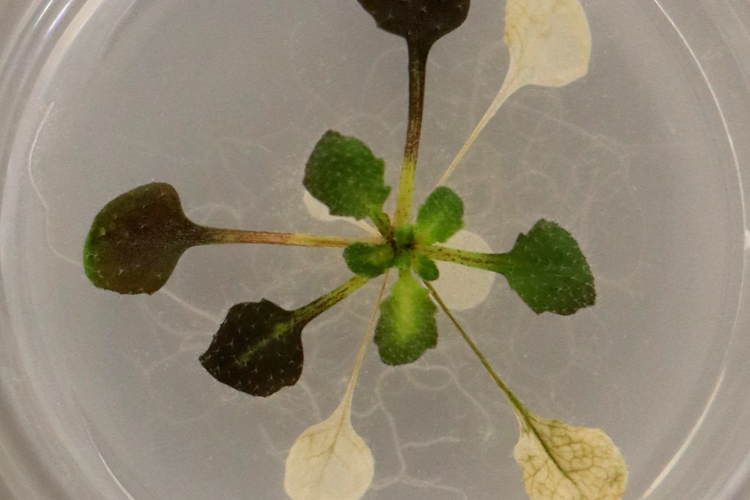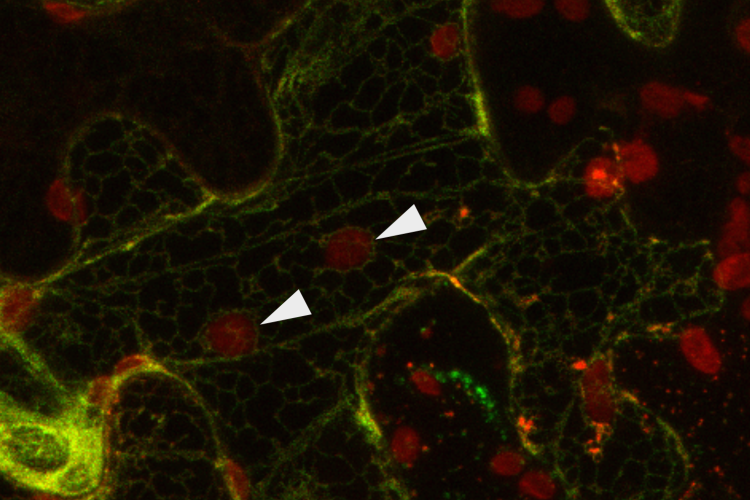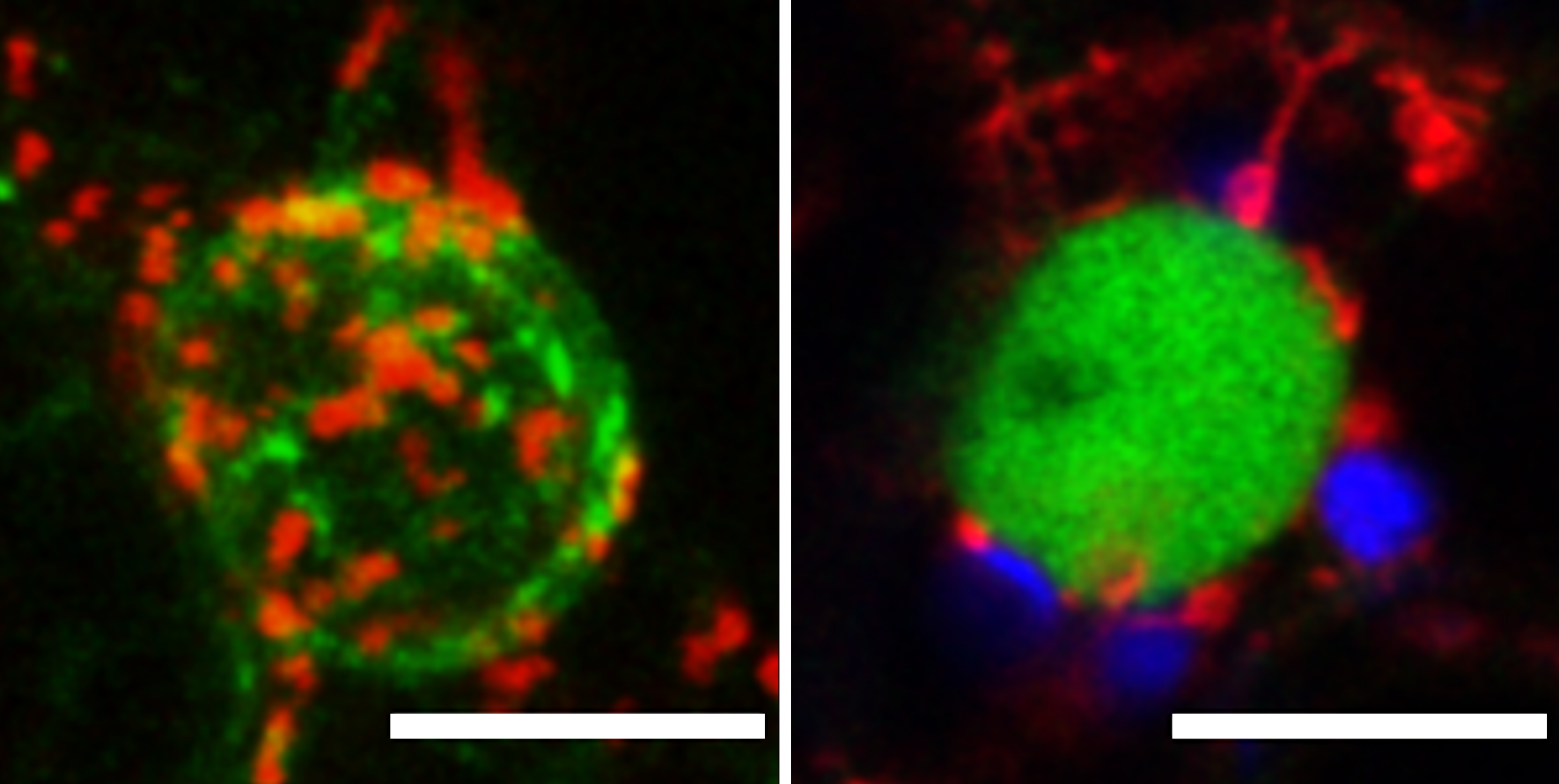Sanchez Martin-Fontecha Elena
De Backer Jonas
How pathogens counterattack
In order to obtain specific and sustainable solutions for crop protection, we need a better understanding of the molecular interactions between plants and phytopathogens. Intracellular organelles such as chloroplasts and mitochondria play a pivotal role in plant immune responses. Our team aims to identify pathogen-secreted effector proteins that target the plant host organelles.
Understanding inter-organellar communication by contact sites
Due to their tight integration into the cell’s metabolic and signaling networks, organelles are in a prime position to communicate stress signals and coordinate optimal adaptive responses. However, we lack a profound understanding of how these organelles communicate stress signals with each other. In our lab we study a novel mechanism of communication between organelles, more specifically, by their direct physical association, through the identification of stress-induced contact sites with the use of state-of-the-art live-cell imaging and proteomics methods.
VIB welcomes MSCA fellows
The Marie Sklodowska-Curie Actions of the EU offer postdoctoral fellowships to talented researchers. These MSCA fellowships provide an opportunity for young scientists to conduct research in foreign countries, gain expertise, and advance their professional pursuits. VIB is pleased to welcome four new Marie Curie fellows this year.


